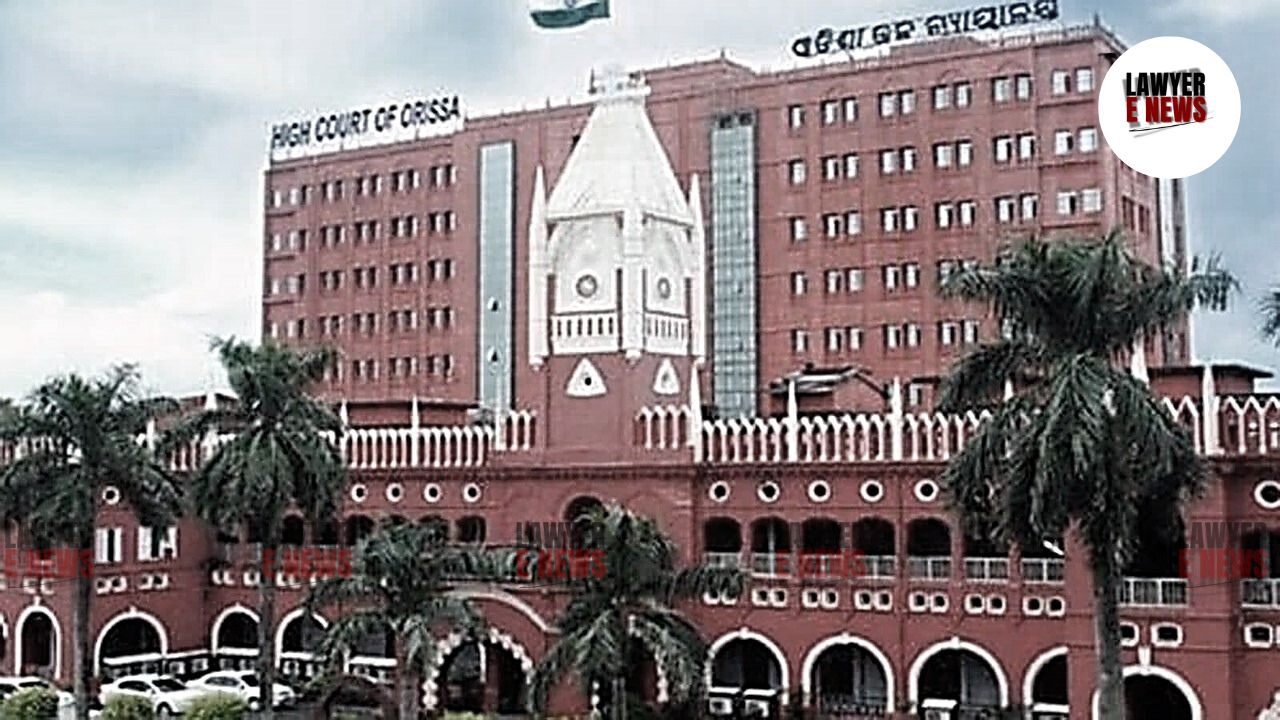-
by Admin
15 February 2026 5:35 AM



On September 24, 2024, the Orissa High Court, in the case of Prasanta Kumar Pani vs. Indian Bank, ruled in favor of a petitioner seeking inclusion in the pension fund under the Allahabad Bank (Employees’) Pension Regulations, 1995. The petitioner, who was removed from service in 1999 but later reinstated after a successful legal challenge, had been denied the option to join the pension scheme, citing a missed deadline. The Court quashed the bank's decision, emphasizing that the delay was due to circumstances beyond the petitioner’s control.
Prasanta Kumar Pani, a former employee of Allahabad Bank, was removed from service in 1999 following disciplinary proceedings. His removal was later quashed by the Orissa High Court in 2015, with the punishment deemed illegal due to violations of natural justice. Pani was deemed to have superannuated in 2010. However, when he sought to join the pension scheme under the Allahabad Bank (Employees’) Pension Regulations, 1995, the bank refused his request, stating that he had missed the 2010 deadline for opting into the pension scheme.
The key legal issue centered on whether the petitioner was entitled to pension benefits despite not exercising the option to join the pension scheme during the stipulated timeframe. The petitioner argued that his removal from service, which was under legal dispute from 1999 to 2016, made it impossible for him to meet the 60-day deadline to opt for the pension scheme set by a 2010 circular.
The Court observed that the doctrine of impossibility—"lex non cogit ad impossibilia"—was applicable in this case. Justice Murahari Sri Raman noted that the petitioner could not have been expected to exercise his option for pension while he was fighting a legal battle against his removal from service. The court cited several precedents, including Madras Port Trust v. Hymanshu International, emphasizing that the law should not compel actions that are impossible to perform.
The Court quashed the bank’s decision dated 28.09.2020, which had refused the petitioner’s request to join the pension scheme. It held that the bank’s refusal was "illogical and irrational," particularly given that the petitioner was removed from service and later reinstated by court orders. The Court stated that the petitioner should have been allowed to exercise the pension option once the punishment was quashed, and the bank's failure to accommodate this was unjust.
Further, the Court highlighted that the bank had extended similar pension benefits to other categories of employees, including those compulsorily retired. The Court directed the bank to reconsider the petitioner’s claim and extend the benefits of the Allahabad Bank (Employees’) Pension Regulations, 1995, within three months.
The Court's ruling reaffirmed the principle that an individual should not be penalized for being unable to perform a required action due to circumstances beyond their control. By invoking the doctrine of impossibility, the Orissa High Court ensured that the petitioner, Prasanta Kumar Pani, would receive his rightful pension benefits despite the technical barriers placed by the bank.
Date of Decision: 24/09/2024
Prasanta Kumar Pani vs. Indian Bank & Another
